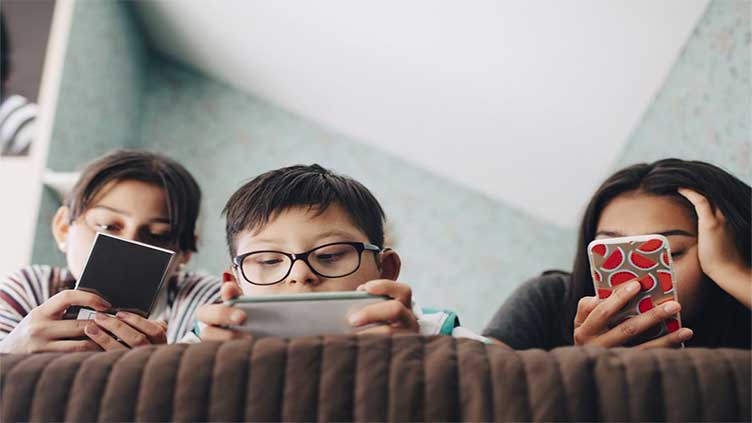Excessive screen time harming teenagers' social skills, warns US surgeon

Technology
Relationships appear to be diminishing
(Web Desk) - British teenagers are spending so much time on social media that they are losing the ability to hold in-person conversations, one of America’s most senior doctors has warned.
US surgeon-¬general Vivek Murthy, who is on a research trip to the UK, said young people are increasingly spending their lives online.
“That presents a real challenge because it became clear when talking to them, especially the university students, that their comfort with in-person interaction is diminishing over time, as we have less and less of it,” Dr Murthy told The Times.
He also warned that people’s ability to interact with one another generally and to build relationships appeared to be diminishing.
Dr Murthy’s comments came following a report published in February which warned that the number of young people with poor mental health is rising in the UK.
The Resolution Foundation study found that one in three young people aged 18 to 24 reported symptoms of mental disorder, such as depression, anxiety or bipolar disorder in 2021/22 – a significantly higher number than in 2000, when that figure stood at 24 per cent.
Dr Murthy has warned several times in the past that excessive screen time is harming young people.
Last year, he issued a public health advisory calling on US officials to address a “national youth mental health crisis” fuelled by excessive social media use.
“Children are exposed to harmful content on social media, ranging from violent and sexual content, to bullying and harassment.
And for too many children, social media use is compromising their sleep and valuable in-person time with family and friends,” the surgeon-general warned at the time.
Combined with a lack of in-person social interaction, he says teenagers may not have people they can “confide in or talk to or be themselves with” contributing to more loneliness.


